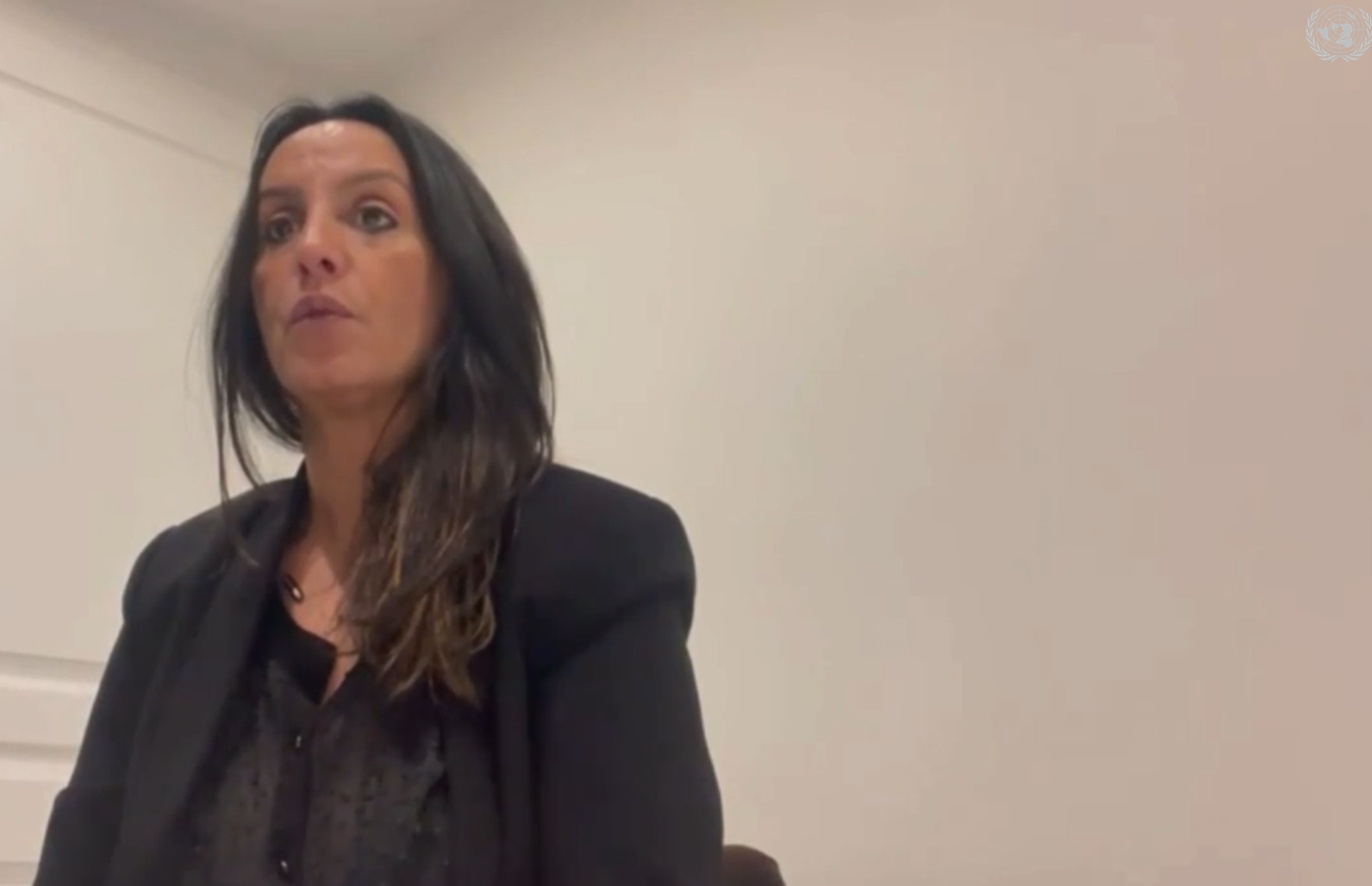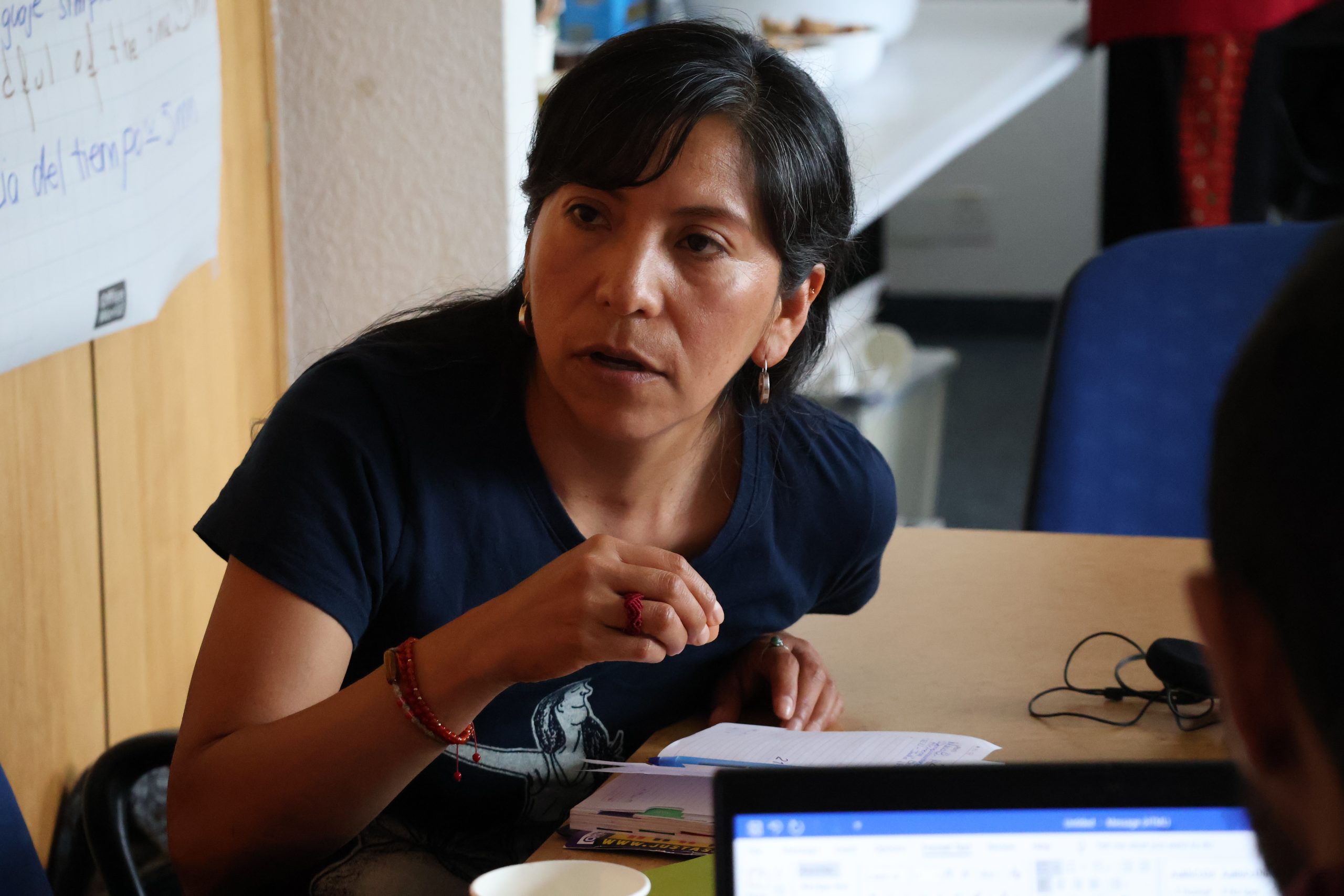
Egypt: Reform unjust vice laws, guarantee open civic space
During Egypt's UPR adoption at HRC59, Nora Noralla delivered a joint statement on behalf of ISHR, Cairo 52 and Middle East Democracy Center. Watch and read the full statement below.

Genuinely combating racial discrimination is essential for a more just and peaceful society. This notably requires an end to impunity, especially when the perpetrators of racial discrimination and violence are representatives of the State. This is what ISHR and its French national partner, the Collectif Urgence Notre Police Assassine (UNPA), reminded France in a video statement presented at the 46th session of the Human Rights Council.
Today, Amal Bentounsi, founder of UNPA, delivered a joint oral statement by ISHR and UNPA drawing the Council’s attention to racist police violence in France. The organisations recalled that France, as a member of the Council, should uphold the highest standards of human rights. Yet, when it comes to racially charged police violence, France is still far from achieving this, allowing a climate of impunity to persist when such violence occurs.
The statement denounced the ‘judicial delays, repeated dismissal or dismissal of cases, and even judicial harassment against victims of such violence, their relatives and their defenders.’ Indeed, there are few cases where police officers who commit violence and/or other racist behaviours are sanctioned. When such sanctions are imposed, they fall far short of the right to effective remedy in line with international standards. Referring to the case of her brother Amine, who was shot dead in the back, Amal Bentounsi pointed out that the police officer, although convicted, had only been given a short and suspended 5-year imprisonment sentence. No disciplinary sanction has been imposed against him to date. The statement recalled that this is just one of countless cases of fatal violence for which the families of victims have not received justice, many of them still awaiting trial after several years.
ISHR and UNPA call on France to ensure prompt, effective and independent investigations which are inclusive of victims’ families and ensure that perpetrators are held accountable, in order to provide real guarantees of non-repetition. The statement also called on France to support the work of defenders working on the issue, to refrain from criminalising them, and not to deprive them of their main working tool, namely the possibility to film when they witness police violence.
The signatories also reiterated their call to the High Commissioner for Human Rights to center victims and their families in the preparation of her report on police violence and systemic racism against people of African descent.
Watch the statement here :
Photo: UN WebTV

During Egypt's UPR adoption at HRC59, Nora Noralla delivered a joint statement on behalf of ISHR, Cairo 52 and Middle East Democracy Center. Watch and read the full statement below.

At the Human Rights Council, Belgium delivered a statement on behalf of over 60 States that 'pays tribute to the numerous achievements and meaningful progress made by women and girls human rights defenders, and emphasises the continued need for their voices to be heard and supported'.

The 59th session of the UN Human Rights Council (16 June to 9 July 2025) will consider issues including civil society space, climate change, sexual orientation and gender identity, violence and discrimination against women and girls, poverty, peaceful assembly and association, and freedom of expression, among others. It will also present an opportunity to address grave human rights situations including in Afghanistan, Belarus, China, Eritrea, Israel and oPt, Sudan, Syria and Venezuela, among many others. Here’s an overview of some of the key issues on the agenda.